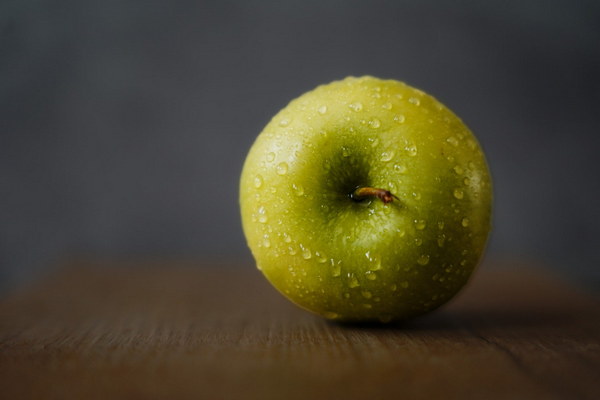Maximizing Liver Kidney and Lung Function A Comprehensive Guide
Introduction:
Maintaining optimal liver, kidney, and lung function is crucial for overall health and well-being. These organs play vital roles in detoxification, nutrient absorption, and oxygenation. In this article, we will explore effective strategies to enhance the functionality of these organs, ensuring they work harmoniously to support your body's well-being.
1. Diet and Nutrition:
A balanced diet rich in essential nutrients is essential for nurturing liver, kidney, and lung health.
a. Incorporate antioxidants: Antioxidants help combat oxidative stress and protect organs from damage. Include foods high in antioxidants such as berries, leafy greens, nuts, and seeds.
b. Hydration: Adequate hydration is crucial for kidney function. Drink plenty of water throughout the day to support kidney filtration and flush out toxins.
c. Limit alcohol and caffeine: Excessive consumption of alcohol and caffeine can strain the liver and kidneys. Moderation is key.
d. Include fiber-rich foods: High-fiber diets support liver and kidney health by aiding in digestion and reducing the risk of kidney stones.
2. Regular Exercise:
Physical activity promotes overall organ function and helps maintain a healthy weight, reducing the risk of conditions that can impact liver, kidney, and lung health.

a. Aerobic exercises: Engage in activities like walking, running, cycling, or swimming to improve lung capacity and enhance oxygenation.
b. Strength training: Building muscle mass supports kidney function by reducing the risk of kidney disease.
c. Flexibility exercises: Stretching and yoga can improve lung capacity and enhance overall organ function.
3. Adequate Sleep:
Sleep plays a crucial role in organ repair and rejuvenation.
a. Aim for 7-9 hours of quality sleep per night: Ensure a comfortable sleep environment, establish a regular sleep schedule, and limit exposure to electronic devices before bedtime.
b. Relaxation techniques: Practice relaxation techniques like meditation, deep breathing exercises, or progressive muscle relaxation to reduce stress and promote better sleep.
4. Avoid Smoking and Secondhand Smoke:
Smoking and secondhand smoke can significantly impair lung function and increase the risk of respiratory diseases. Quitting smoking and avoiding exposure to secondhand smoke are crucial steps in maintaining healthy lungs.
5. Manage Chronic Conditions:
Chronic conditions such as diabetes, hypertension, and obesity can strain liver, kidney, and lung function. It is essential to manage these conditions effectively under the guidance of healthcare professionals.
a. Follow a treatment plan: Adhere to prescribed medications, dietary guidelines, and lifestyle changes to control chronic conditions.
b. Regular check-ups: Regular visits to healthcare providers can help monitor organ function and address any potential issues promptly.
6. Stress Management:
Chronic stress can negatively impact organ health. Find healthy ways to manage stress, such as engaging in hobbies, practicing mindfulness, or seeking support from friends and family.
Conclusion:
Enhancing liver, kidney, and lung function requires a holistic approach that includes a balanced diet, regular exercise, adequate sleep, avoiding harmful habits, managing chronic conditions, and stress management. By incorporating these strategies into your daily routine, you can support optimal organ function and improve your overall well-being. Remember to consult with healthcare professionals for personalized advice and support on maintaining healthy organs.









